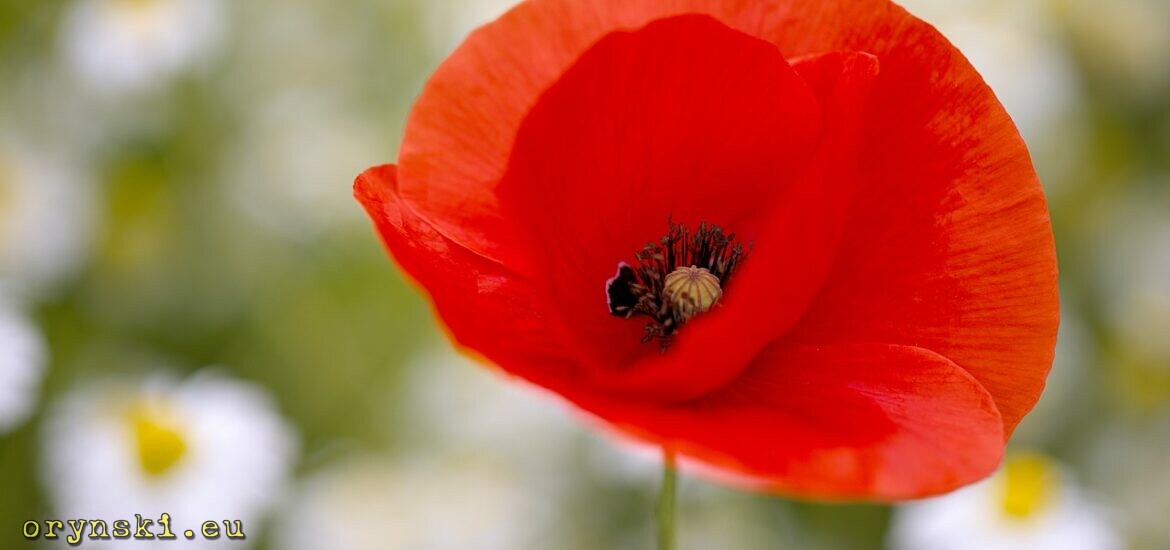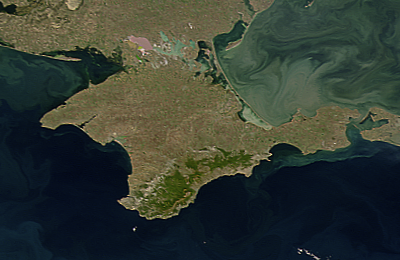The 11th of November is a very important day, both in Poland and in Britain. But the feeling is very different. In the beginning, I just thought that this was due to the fact, that for Poland 11th of November is also our Independence Day. Finally, I managed to pinpoint the real difference.
It came to me in spring, as for a couple of years now 29th of May has been celebrated in Poland as a Day of Veterans of the Military Missions Abroad. The official propaganda tries to put an equation mark between those, who participated in wars in Iraq or Afghanistan and those, who fought in World War the Second. However, the Polish public, of whom up to 80% opposed Polish participation in defending American interests halfway across the globe, don’t buy it. Many people see Polish soldiers in Iraq as mere mercenaries and dishonour to the Polish army’s tradition and, unlike in Britain, it is a very hot topic of discussion. Here, Remembrance Sunday smoothly evolved to honour also veterans of “later conflicts” and nobody here seems to wonder, if a drone operator who was killing people from a distance in the country invaded under false pretext deserves the same recognition as a fighter pilot from Battle of Britain…
For me, it looks as if Remembrance Sunday has become a tool to inculcate militaristic propaganda. Now every soldier is a hero and nobody cares, that the value of this word declines in the process. The public is surrounded by messages extolling life in the army and nobody seems to wonder if the message is consistent. For example a recruitment slogan “Army. Be the best” accompanies a message that between the lines tells you that serving in the army does not necessarily mean killing people. So apparently even
if you drive a truck up and down A1 or move crates in a warehouse in Cyprus, as long as you do it in the army – you are a hero, you are the best. Somehow real heroes, for example, Iraqi translators, who risked their lives working for the British forces do not deserve such praise, not to mention protection when Britain no longer needed their services. Army cadets drowned after their boat capsized? Heroes. The family that drowned after their canoe capsized? Victims of an irresponsible father. This is the message. Even if it makes no sense.
This contradiction is probably the first filter stage in the recruitment process. A soldier’s job is not to think or question, but to follow orders. He also has to believe that no matter what he is ordered to do, he is doing it for the glory of his country. This is why the army reaches out to as young people as possible. In this country, you can become a soldier before you are legally allowed to drink or drive a car. And this is not enough yet, so even 12-year-olds can join the cadet force to be brainwashed. Surely this is not only about physical fitness, as not everyone in the army lands in elite commando units, and if 40-50-year-olds can become fire-fighters or oil rig workers, surely they would be something to do for them in the armed forces as well? During many wars, men up to their 50s proved to be valuable soldiers. But there was a difference, they were defending their homes and families. Nowadays the Army is about something different. Because let’s be honest here: how strong British Armed Forces have to be if its role was to secure Britain’s safety? And who would be a potential attacker nowadays? Ireland? Belgium? Iceland or
Faeroe islands?
The thing is, that the Army in Britain seems to be mostly art for art’s sake exercise. It’s a country’s way to flex its muscles and say “look at our military power, now do you see that Britain is still Great”? They tell us that they protect us from terrorists, but I fail to see how nuclear submarines based in Clyde are supposed to fight ISIS in the desert. They speak about the need to be prepared to face Russia, but when Russia invaded Ukraine, and Britain, despite its obligations from the 1994 Budapest Memorandum, did absolutely nothing. No wonder, that they are trying to use every opportunity to make people believe that joining the army today is as noble thing to do as it was in 1940.
But I am not buying it. So to the lady who could not hide her disgust when I refused to buy a Poppy from her: I am sorry, but if veterans of the latest conflicts are included, I could wear white or black poppy, but not the red one. Over “Rule Britannia” I choose this 90-year-old poem by Polish poet Julian Tuwim (here in my translation):
To a simple folk
When every wall becomes covered
by posters freshly glued up.
When “to the people” and “to the soldiers”
Bold printed letters start to cry
And any rowdy, any kid
Believes that eternal lie
That they should go and firearms
and murder, plunder, rape and burn
When they start for the thousandth time
strike rhythms on the “Fatherland” drum
deluding with those coats of arms
and speak on “historical rights”
on “every inch”, “glory” and “borders”
on “forefathers” and “our flags”
on “heroes” and their “sacrifices”
When bishops, pastors and a rabbi
come to bless each soldier’s gun
as they were told by God himself
that for your country you should slay
When every rag on its first page
starts printing some rouge propaganda
and herds of wild old hags throw flowers
towards their “brave boys in the army”.
My dear uneducated friend
Dear chap from this or other land
Know, that all those alarm bells
are launched by kings and their fat cats
You have to know: it’s pure baloney
when they call everyone to arms
It’s just that they have found some oil
and simply want to earn a few bucks
the safes are empty in their banks
they’ve smelled some fishy business option
or they have come up with some swindle
and need a higher tax on cotton.
Go, throw your gun on the street cobbles
The oil is theirs, but the blood is yours
And let from every major town
the screams of people can be heard
“enough of bullshit, noble sirs!”
This piece was written for STV News and originally published on their website.
Picture of the poppy: public domain





